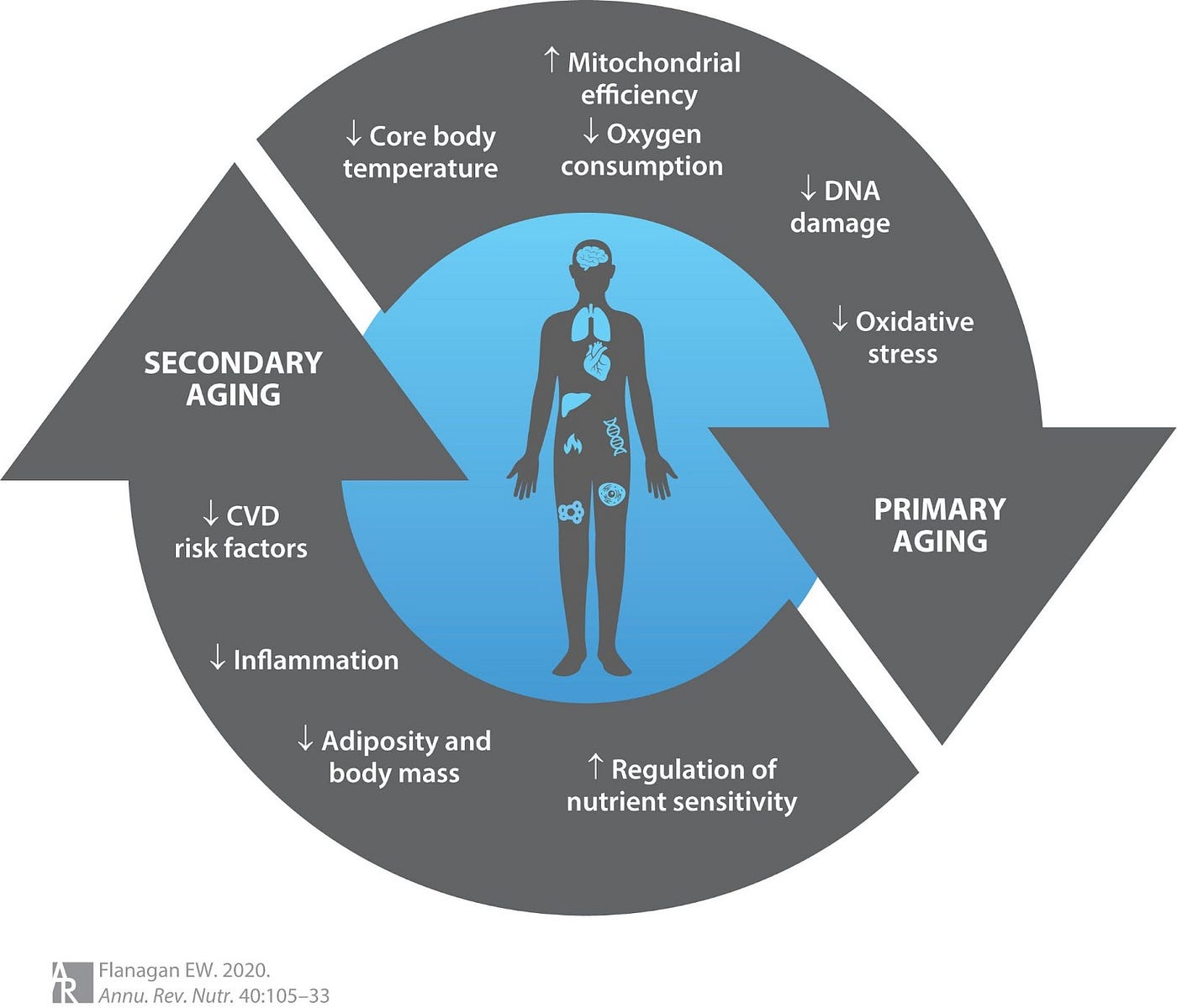In the quest for longevity, scientists have long looked to the animal kingdom for answers. From lab mice to monkeys, studies have shown that reducing calorie intake by 30 to 40 percent can extend lifespan by up to 30 percent.
This phenomenon, known as calorie restriction, has sparked intrigue and debate among aging experts for nearly a century.
While the mechanisms behind this longevity boost remain elusive, researchers have proposed several theories rooted in evolutionary biology.
One hypothesis suggests that calorie restriction triggers biological adaptations that enable organisms to withstand stressors more effectively.
For instance, calorie-restricted mice exhibit enhanced resilience to toxins and faster recovery from injuries, indicating a potential cellular rejuvenation process at play.
The Secrets of Calorie Restriction and Intermittent Fasting

Moreover, calorie restriction induces metabolic changes that promote health and longevity. By slowing down metabolism and encouraging alternative fuel sources utilization, such as autophagy, the body may fend off age-related diseases more effectively.
This process, where malfunctioning cellular components are recycled for energy, enhances cellular function and reduces disease risk.
However, the relationship between calorie restriction and longevity isn’t without controversy. Studies have revealed divergent outcomes, with some animals experiencing no significant lifespan extension despite reduced calorie intake.
These discrepancies underscore the complexity of aging biology and the need for further investigation into alternative factors influencing longevity.

Intermittent fasting, characterized by alternating periods of eating and fasting, has emerged as another avenue for promoting longevity.
Recent research suggests that the timing of food consumption may be as crucial as calorie intake in determining lifespan. For instance, mice subjected to intermittent fasting regimes exhibited substantial increases in lifespan compared to those on continuous calorie restriction.
While the translation of these findings to humans remains uncertain, preliminary studies offer potential benefits.
Clinical trials observing the effects of calorie restriction and intermittent fasting on metabolic health have shown promising results, including improvements in blood pressure, insulin sensitivity, and inflammation markers.

Despite the tantalizing prospects, experts caution against definitive conclusions regarding the longevity benefits of dietary interventions.
Challenges such as adherence and realistic calorie reduction goals pose significant hurdles in human studies.
Nevertheless, ongoing research endeavors continue to unravel the intricate relationship between diet, metabolism, and aging, shedding light on the quest for a longer, healthier life.







Leave a Reply